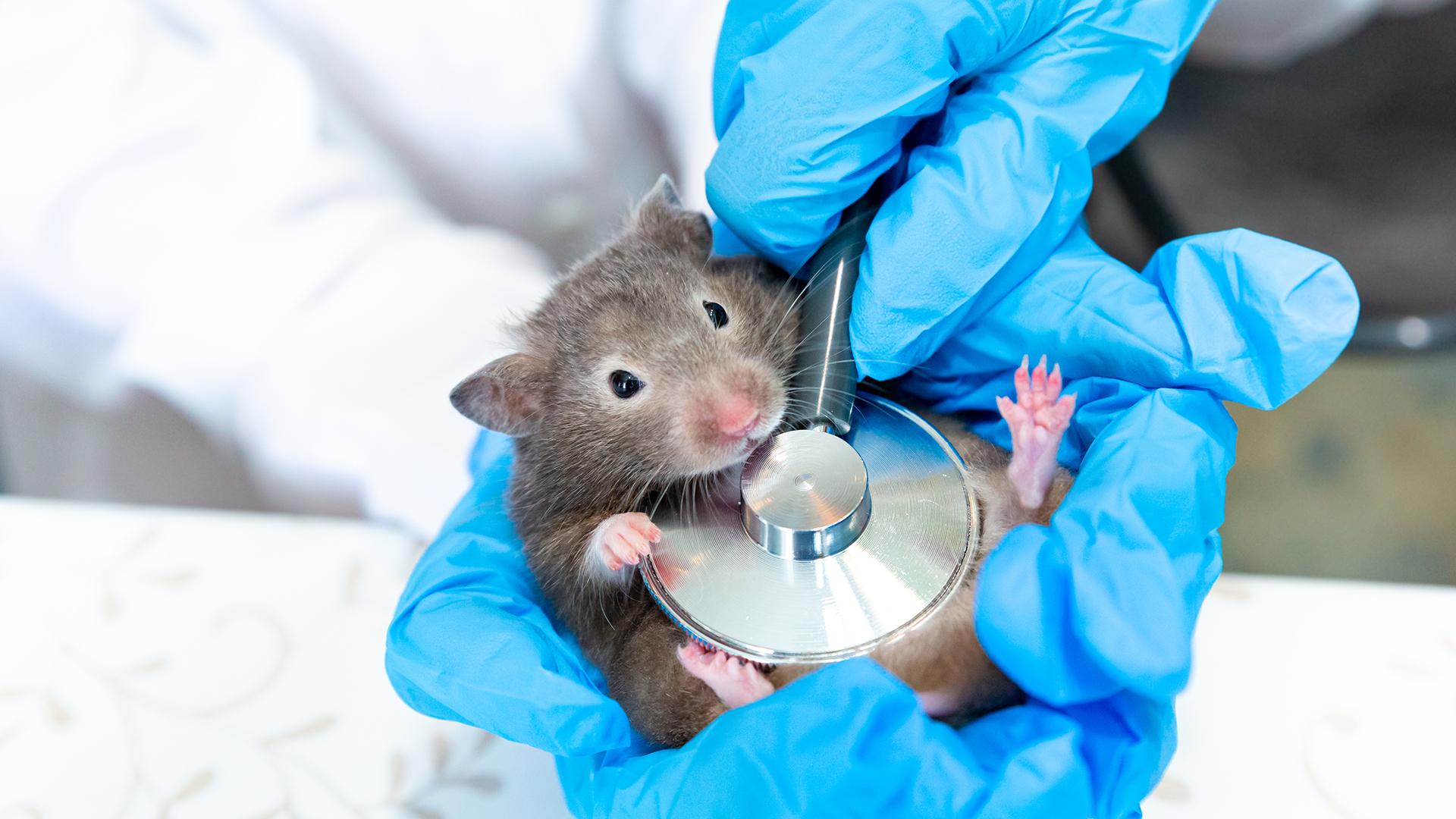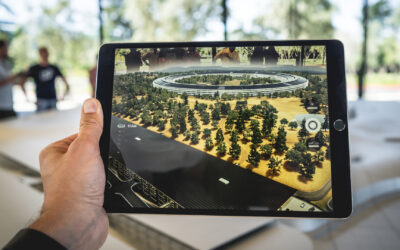A dish of living brain cells has learned to play the 1970s arcade game Pong.
About 800,000 cells linked to a computer gradually learned to sense the position of the game’s electronic ball and control a virtual paddle, a team reports in the journal Neuron.
The novel achievement is part of an effort to understand how the brain learns, and how to make computers more intelligent.
“We’ve made huge strides with silicon computing, but they’re still rigid and inflexible,” says Brett Kagan, an author of the study and chief scientific officer at Cortical Labs in Melbourne, Australia. “That’s something we don’t see with biology.”
For example, both computers and people can learn to make a cup of tea, Kagan says. But people are able to generalize what they’ve learned in a way a computer can’t.
“You might have never been to someone else’s house, but with a bit of rummaging and searching you can probably make a decent cup of tea as long as I’ve got the ingredients,” he says. But even a very powerful computer would struggle to carry out that task in an unfamiliar environment.
So Cortical Labs has been trying to understand how living brain cells acquire this sort of intelligence. And Kagan says the Pong experiment was a way for the company to answer a key question about how a network of brain cells learns to change its behavior:
Read more here.
NPR is an independent, nonprofit media organization that was founded on a mission to create a more informed public. Every day, NPR connects with millions of Americans on the air, online, and in person to explore the news, ideas, and what it means to be human. Through its network of member stations, NPR makes local stories national, national stories local, and global stories personal.




